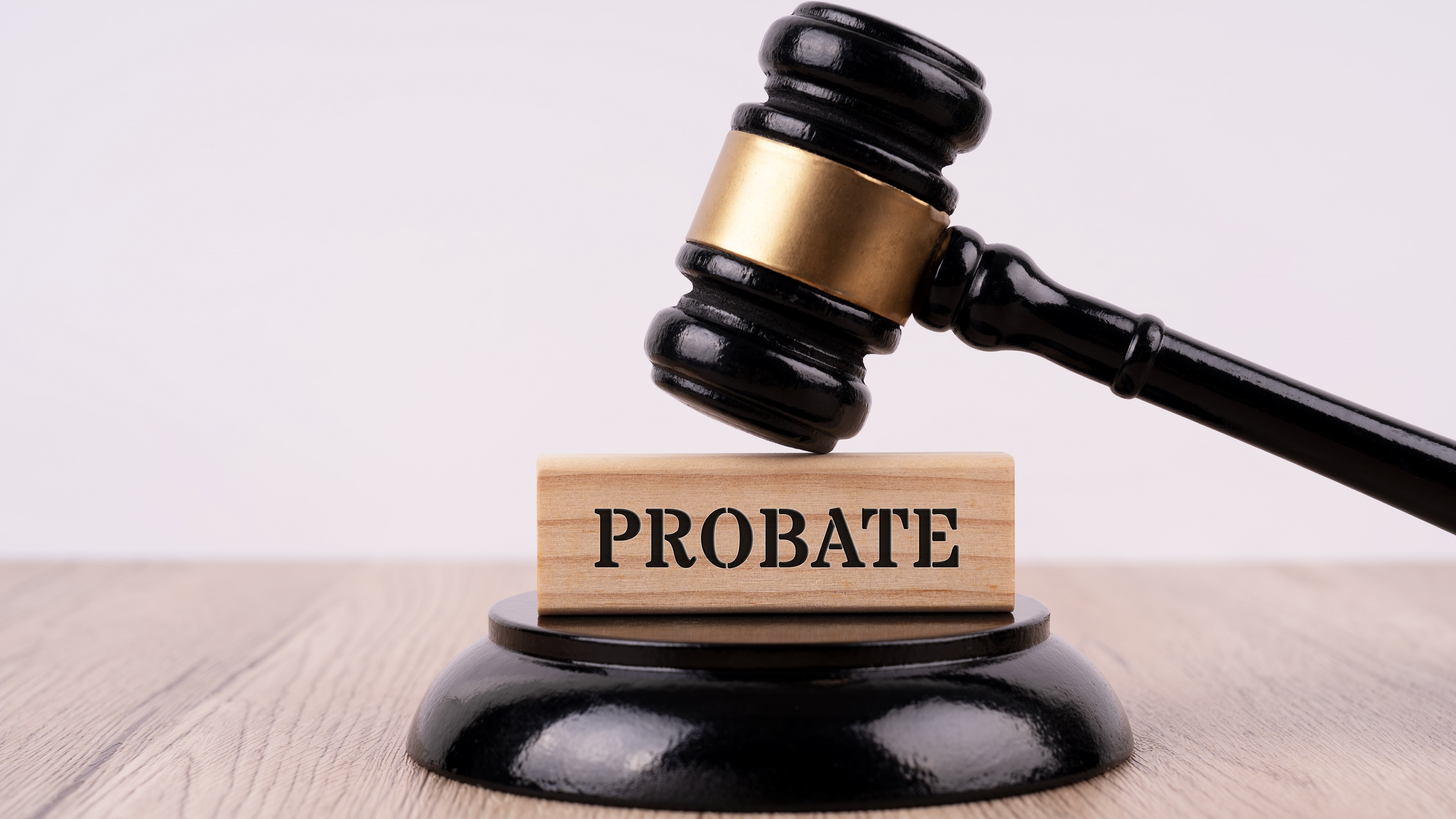
Managing and securing your estate is one of the most important steps in personal finance. An estate plan ensures your assets get distributed according to your wishes. In addition to mitigating confusion and hardship for your loved ones, it also limits the court’s control over your assets in probate.
What is probate?
Probate is the legal process for reviewing, managing and distributing someone’s estate after they die. The purpose of probate is to verify the validity of your estate plan. It includes reviewing the legitimacy of wills, handling any outstanding debts and taxes, appraising property values and dividing assets among heirs.
The probate process is in place to protect your estate, working to prevent fraud after your death. But this legal proceeding doesn’t look the same for everyone. Some assets are required to go through probate — especially if you die without a will or fail to name beneficiaries for some of your accounts.
Assets subject to probate
Real estate properties with a single owner who is deceased will most likely have to go through probate. This includes properties such as single-family homes and condominiums. If the deceased homeowner has a will, the court will distribute the home according to the instructions left in the will. The property will be distributed according to state laws if the owner doesn't have a will.
Vehicles such as cars, motorcycles and boats will probably have to go through the probate process, too. If there’s a will, the vehicle will be distributed accordingly, but the process gets more complicated if there isn’t. Specific rules and regulations vary depending on the state you live in.
Personal belongings like art and jewelry must go through probate. If these items are of high value, they’ll also need to be appraised.
Bank accounts, life insurance policies, stocks and bonds owned solely by the deceased person must all go through probate if a beneficiary is not named.
Probate can be long and costly
Settling an estate through probate is no quick process. The size of the estate, the value of certain assets, and state-specific probate laws can all impact the length of time it will take to finalize the estate. The situation can become even more complicated and drawn out if there are questions or concerns about the validity of a will, or if the family cannot agree on the division of assets.
The amount of time it takes to settle the estate will also affect how much you’ll pay to go through the probate process. You’ll be required to pay certain expenses, including outstanding debts, court and filing fees and lawyer costs. You may also be required to pay a state inheritance tax, if you live in one of the six states that impose them on some recipients.
Probate laws vary
Where you live, the size of your estate and the value of your assets all impact the probate process. In some states, estates that don’t meet a certain monetary value may be able to bypass these proceedings entirely. Similarly, certain assets in the estate aren’t subject to probate so long as they have beneficiaries designated. These assets range from pension plans, life insurance plans, medical savings accounts and IRAs. Additionally, due to survivorship rights, assets jointly owned typically aren’t required to go through probate.
Some other strategies for getting around probate include utilizing a trust or distributing assets to heirs via affidavit.
Probate can be a lot to handle, especially following the death of a loved one. But if you’re proactive with your estate planning, the probate process should be a last resort for surviving family members. Creating a concise, detailed will and naming beneficiaries to any accounts can help your loved ones avoid these proceedings, potentially saving them time and money, while mitigating any feuds or disagreements.
Pat Simasko is an investment advisory representative of and provides advisory services through CoreCap Advisors, LLC. Simasko Law is a separate entity and not affiliated with CoreCap Advisors. The information provided here is not tax, investment or financial advice. You should consult with a licensed professional for advice concerning your specific situation.







